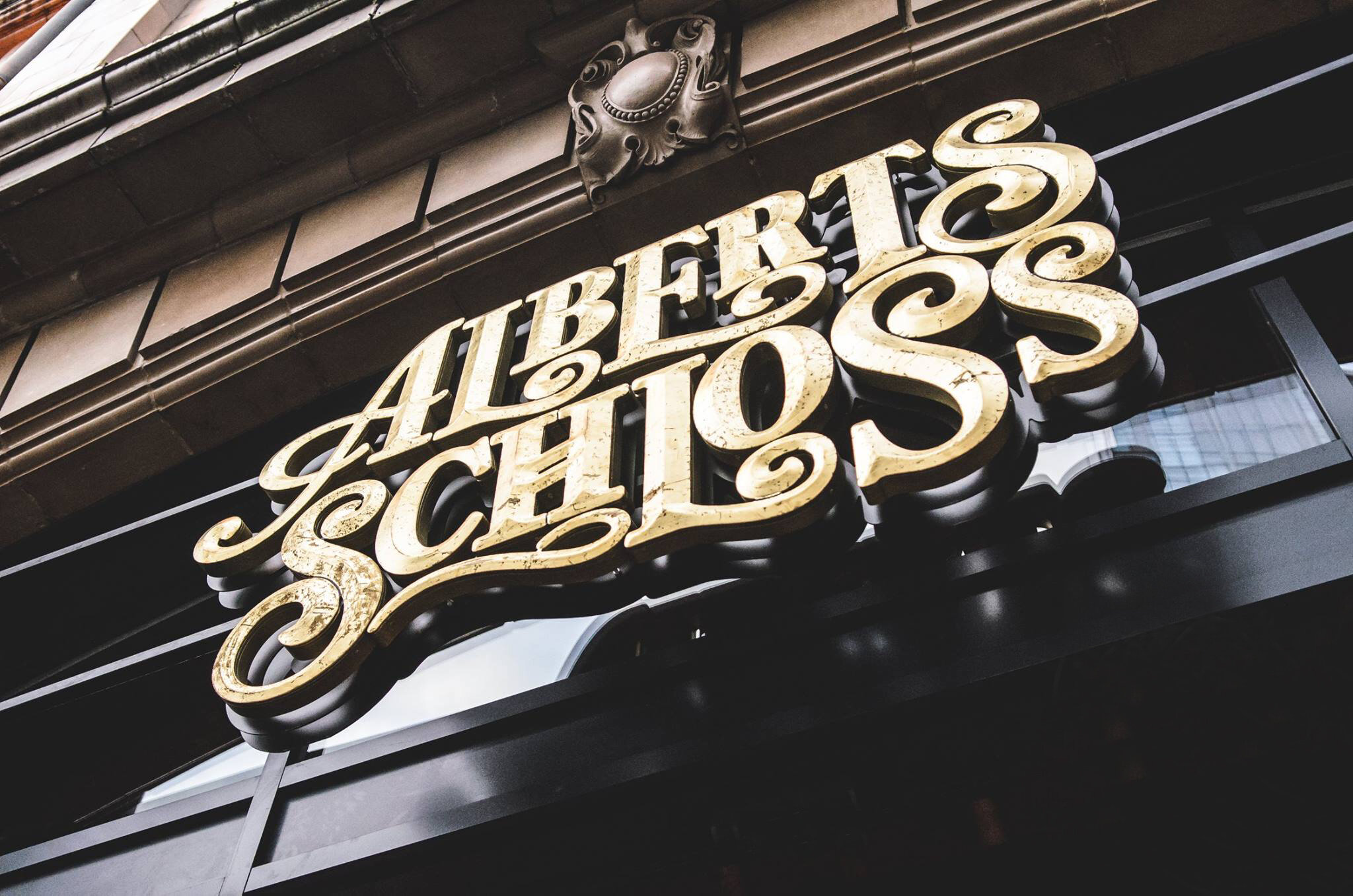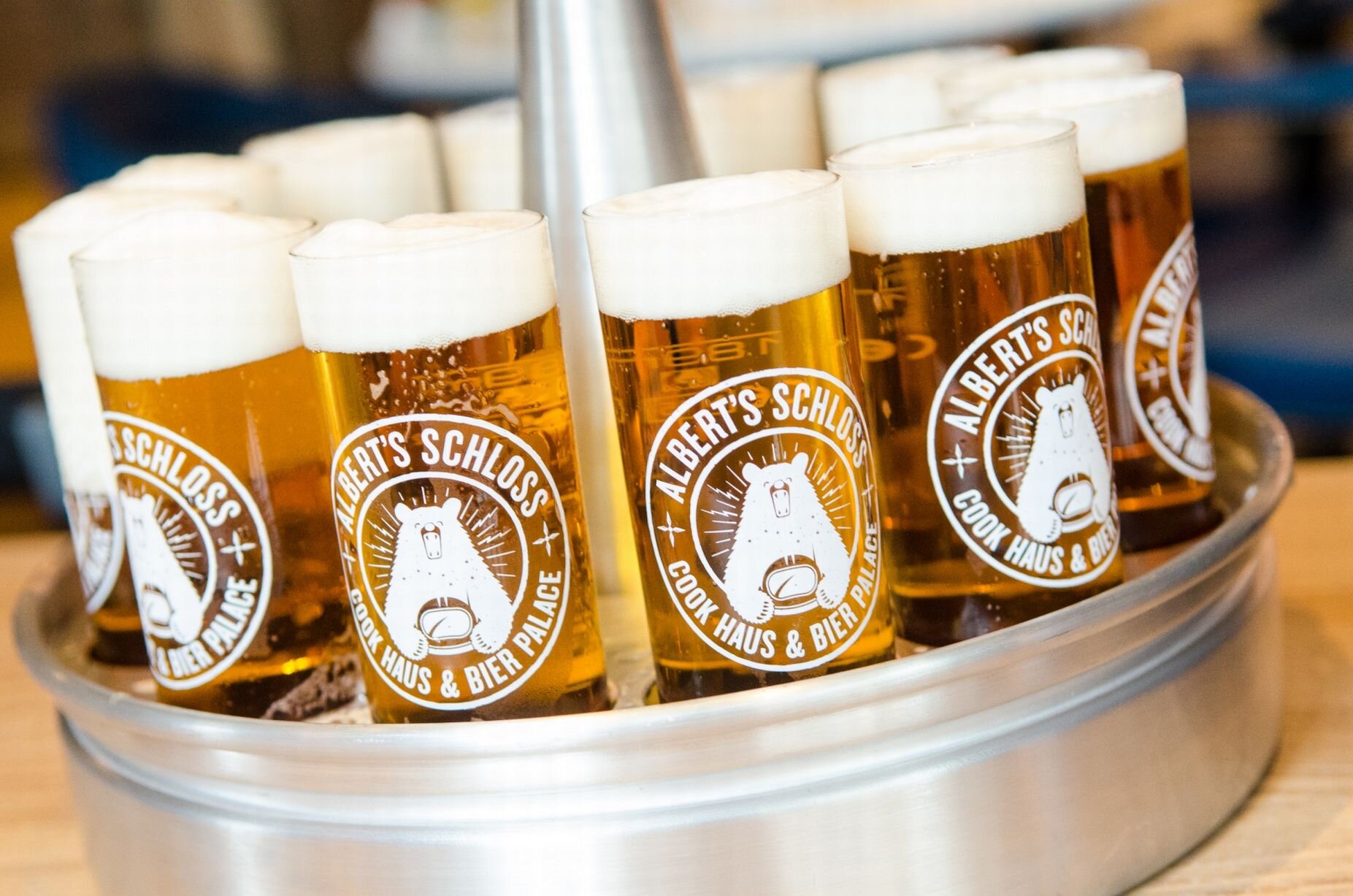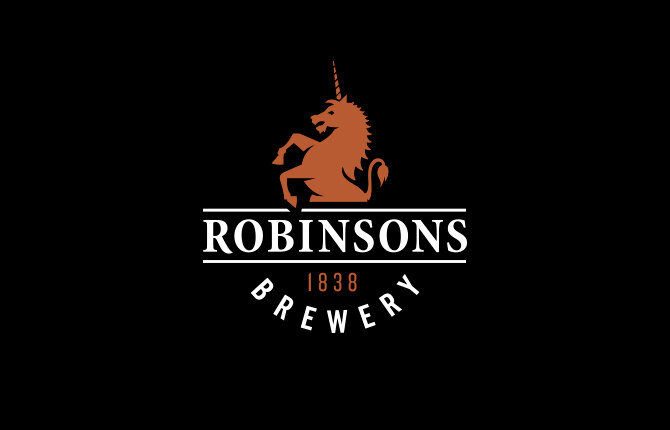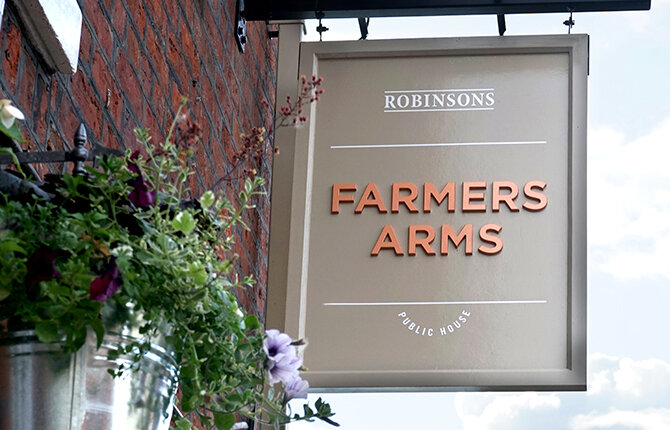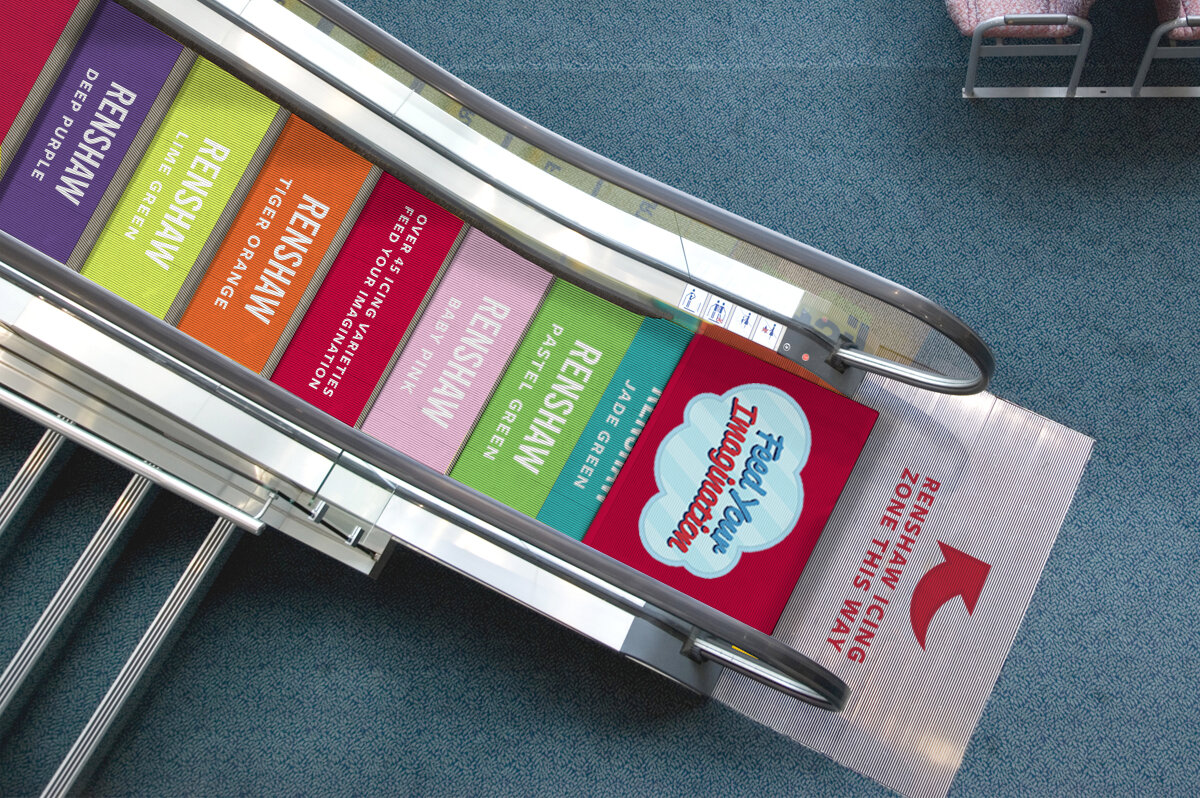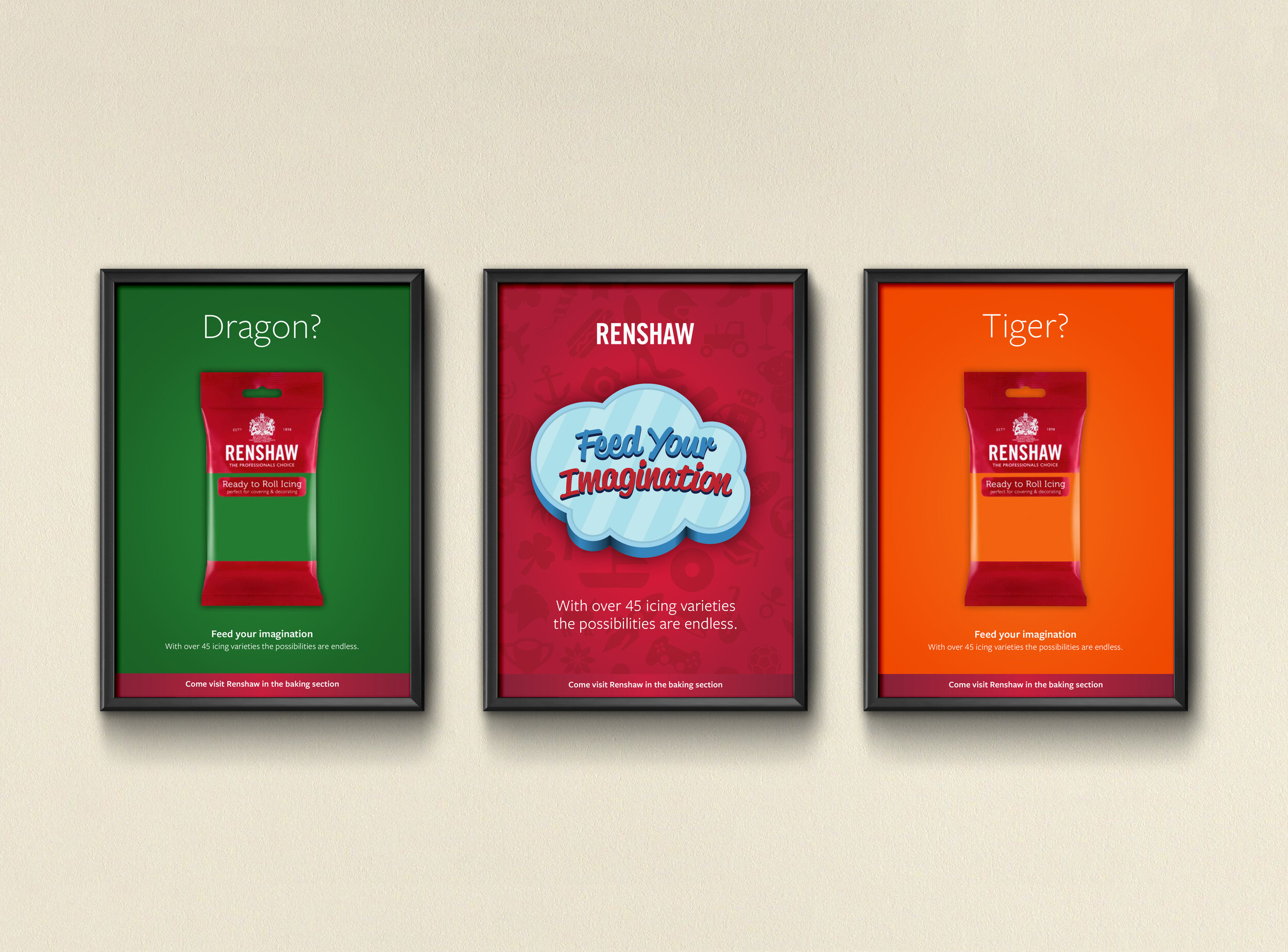Wake up to branding in the new era of food and drink with a conscience.
Want to know what’s cooking up a storm on the UK High Street?
Then it’s time to take a look in your local Greggs.
Every member of staff at the popular pasty purveyor is to pocket a £300 bonus thanks to a ‘phenomenal year’ of business underlining a seeming purple patch in responding to the changing tastes of its customers.
Good service and a growing estate are part of the winning formula that put the icing on Greggs’ financial cake.
But credit is also due for the way that the traditional High Street chain has been able to (bread) roll with the times and respond to the trend for food and drink with a conscience.
What started as a PR-friendly narrative is now a tasty range of animal-friendly staples. There’s growing evidence that environmental awareness and personal health concerns are influencing a change in appetite and behaviour.
This fascinating BBC article contains some of the hot food and drink trends for 2020, many of them fuelled by similar sentiment to those that piqued interest in the words of the environmental campaigner Greta Thunberg.
People want to eat mindfully, consuming products that will not destroy the planet, while questioning the sense of eating animals as they grapple with both the cruelty of killing and the environmental impact of the mass production of meat products.
According to The Vegan Society, veganism increased seven fold in the five years between 2014 and 2019. In 2014, there were only 150,000 vegans in Great Britain. Today their ranks have swelled to 600,000 people who do not eat products derived from animals.
Research by Sainsbury’s suggests that by 2025, a quarter of the population will be vegetarian, and just half will be flexitarian – choosing to eat a mainly plant-based diet.
Of course there’s nothing new about vegetarianism – a cause founded in Truth Creative’s home city of Manchester way back in 1847.
But it’s now becoming big business too. Retail analyst Mintel has just published data showing that one in four new food products launched in 2019 were vegan, despite only 1% of the country religiously avoiding meat and dairy.
The number of people eating meat substitutes has risen too, up from 50% to 65% between 2017 and 2019; while sales of meat-free foods grew 40% to an estimated £816m in 2019.
So what does all of this tell us?
Consumers have woken up to food and drink with conscience, there are financial rewards for retailers who respond accordingly, and that this is very much an emerging market.
Savvy businesses are aware of the benefits of responding to consumer demand for products and services which have a wider range of ideologies and needs. Driven by health concerns, conscience or climate change, or simply new lifestyle trends and fashions (modern bars need to be as Instagramable as they are comfortable) the choice available to consumers has never been more comprehensive and complex.
That’s where good branding comes in. With increased choice comes increased competition, fuelling in turn a need to stand out and deliver.
It’s something we’re well versed in, having gained significant experience in crafting the look and feel of products and places that required a bold point of difference in their market.
Our work includes the creation of incredible new food and drink palaces (Alberts Schloss) and the adaptation of traditional food and beverage brands to meet consumer demands (Robinsons brewery).
Responding to current opportunities is partly about innovation and product development, and partly about ensuring your brand and product marketing activity is fit for purpose.
For a brand like Greggs, such innovation has become a marketing signature, enabling it to reach new customers with products we once wouldn’t have expected from a high street baker.
Gluten-free is another FMCG category that has grown in recent years and we’re particularly proud of our work for UDI’s, a US brand that Truth Creative launched in the UK. Its appeal in the US has been fuelled by both growing demand among coeliac consumers and “lifestylers” who choose gluten-free products for the perceived health benefits. (You can find out more here: https://www.coeliac.org.uk/home/).
Finding a new route to market is another opportunity for food and drink brands, and that’s something Truth has done on behalf of another client, Renshaw, helping them to place their ready-to-roll icing in a new retail environment, namely Hobbycraft.
Again, being aware of food trends and opportunities as a result of programmes like the Great British Bake Off, can pay dividends for brands.
The International Food Information Council Foundation suggests that in 2020, consumers will become still more concerned about the role the food system plays in climate change.
Are you ready for the challenges and opportunities that presents?
To find out more about Truth Creative’s work with food and drink brands, click here.
For further information, images and interview requests contact Jo Scott on jo@truth-design.co.uk

